Recently, my daughter asked me one of those profound questions that very young children manage to ask with complete nonchalance, seamlessly transitioning from, say, making up new words (“numsin-deeda-flokflee”) to an existential pondering.
Why we should love ourselves? she asked. And: Should I love myself?
My answer to her latter question was uncomplicated: YES, of course you should love yourself. You are a wonderful, funny, bright, strong, courageous, curious, caring person and you are deeply loved and you deserve so much love, from the people around you and also, especially, from yourself.
But why? she asked.
Well, because…I started to falter. Why should we love ourselves? It was of course clear to me that my daughter should love herself. And that all of the people I love should love themselves. And that a universal truth of being human is that we ought to love ourselves. That in doing so, we can build ourselves a strong foundation, from which we can extend compassion and forgiveness and resiliency and grace, to ourselves, but also to others. We can weather storms. And that a foundation of such love is essential for reflection and growth and healing and mending and non-violence and understanding and also for healthy boundaries and knowing what’s right and what justice is and how to care for one another.
But that explanation escaped me in the moment because I had come hard and fast upon the fact that I struggle, every day, to truly love myself. What, I wondered, does it look like to practice self-love? I realized I hadn’t thought about that in a while.
I’m generally optimistic and positive and find joy easily. I work—not always successfully—to practice self-care, which I suppose is a form of love. But I don’t think I can honestly say that I’m actively, deeply self-loving, either. My internal monologue is often a running stream of self-criticism (which always fails the test: Would you ever say such things to a friend? Of course I wouldn’t!). Insecurities and fears are not only frequent residents in my brain, they are, and I squirm to type this, comfortably at home.
As I’ve reflected on such things, I’ve realized just how much time and space these thoughts take up: so much time; so much energy. It’s exhausting. What does it serve? Who does it serve? The answers, again, are clear: Nothing. No one. Though, it does serve to reinforce a notion of the self—of my self—as something that is siloed and isolated.
Reflecting on Aspen’s question, I realized, too, that raising a daughter who loves herself, means not just explaining to her the reasons why we should love ourselves, but also modeling self-love for her. I would have to practice it, too.
It’s telling, perhaps, that my first thought about more intentionally practicing self-love was that it feels indulgent. Selfish.
My second thought, more helpfully, was to re-read a quote from Thich Nhat Hanh’s Zen and the Art of Saving the Planet:
“Humans are made only of non-human elements. Humans are made of all our ancestors. The mountains, the river, the rose, the planet are all made of non-mountain, non-river, non-rose, non-planet elements. When we can see that, we are free. ‘Human’ and ‘mountain’ are only labels, designations, without any real substance. They don’t have a separate existence….There is a mountain in us, do you see? There are clouds in us, do you see? It’s not only that we were a cloud or a rock in the past, but we are still a cloud and a rock today. In former times we were also a fish, a bird, a reptile. We are a human being, yes, but at the same time we are everything. Seeing this, we know that to preserve other species is to preserve ourselves. This is interbeing, the deepest teaching of deep ecology.”
This was the reminder I needed, one I’ve received, in many different forms, many times before, and will likely need to receive many times more: that my “self” is not the ego-centered tangle of neuroses and fears, desires and wants, capitalism-derived ideas of “success” and “failure,” that I too often feed. This idea of self is siloed and isolated. Rather, the self is something far more expansive and mysterious, beautifully entangled—down to our electrons—with the world. We are fellow creatures of the Earth. We are animals. We have physical, warm-blooded bodies built of mountains and clouds. We are breathing air exhaled by trees.
Coming at it from this direction, the pathway to love is far more clear. The reciprocity is abundant and waiting. Not self, but selves. Not, as Thich Nhat Hanh says, “I am,” but “I inter-am.” That compassion and love and care is available to us in a ceaseless flow. To love ourselves is to love others. To love others is to love ourselves. This extends to family and friends and strangers and also crows and moose and ladybugs.
In this way, self-love becomes not just an ecological practice, but a way of remembering what it is to be a human being—one species among many.
This is a lot to try and communicate to a 4-year-old (though she is, always, far more intuitive and able to pick up on things than I expect). It’s a lot to communicate to my 38-year-old self, too.
You are wonderful and kind and deeply interesting and wise and beautifully imperfect and strong and you have something to teach me.
It is easy and natural to say such words to Aspen. To my husband. To my friends.
It is even easy to say them to the brook alongside our house.
And though the same words catch in my throat, and though I’m still a bit unsure, and though I have to whisper them, I say them to myself.
Imperfect, absolutely. But I can start to get my heart around the practice of it.
There is a mountain in us, do you see? There are clouds in us, do you see?
Reading this week:
And, for the first time, turning the pages in a physical copy of my book!
MOTHER, CREATURE, KIN is available for pre-order HERE.

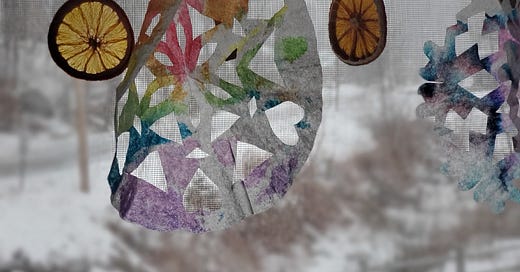



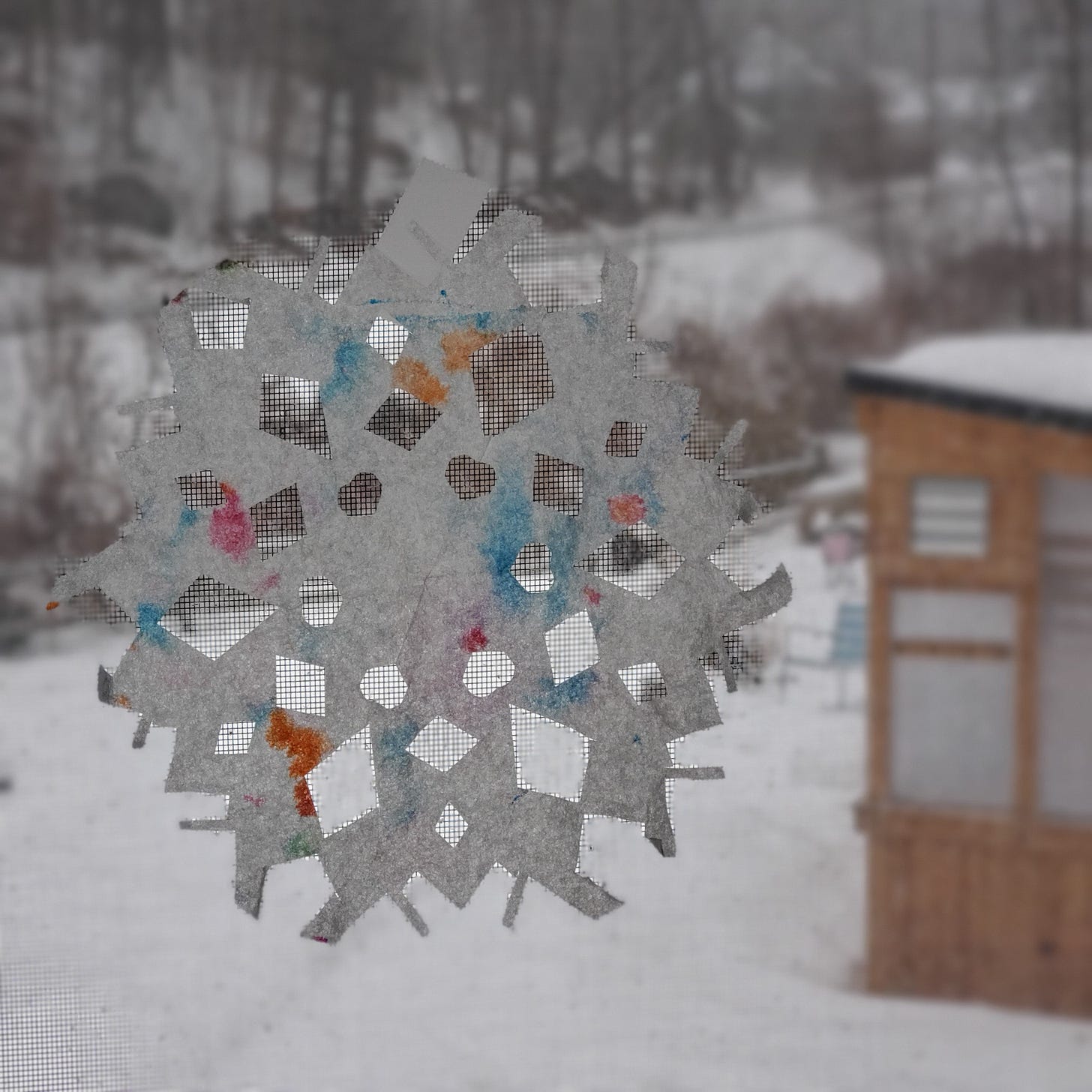
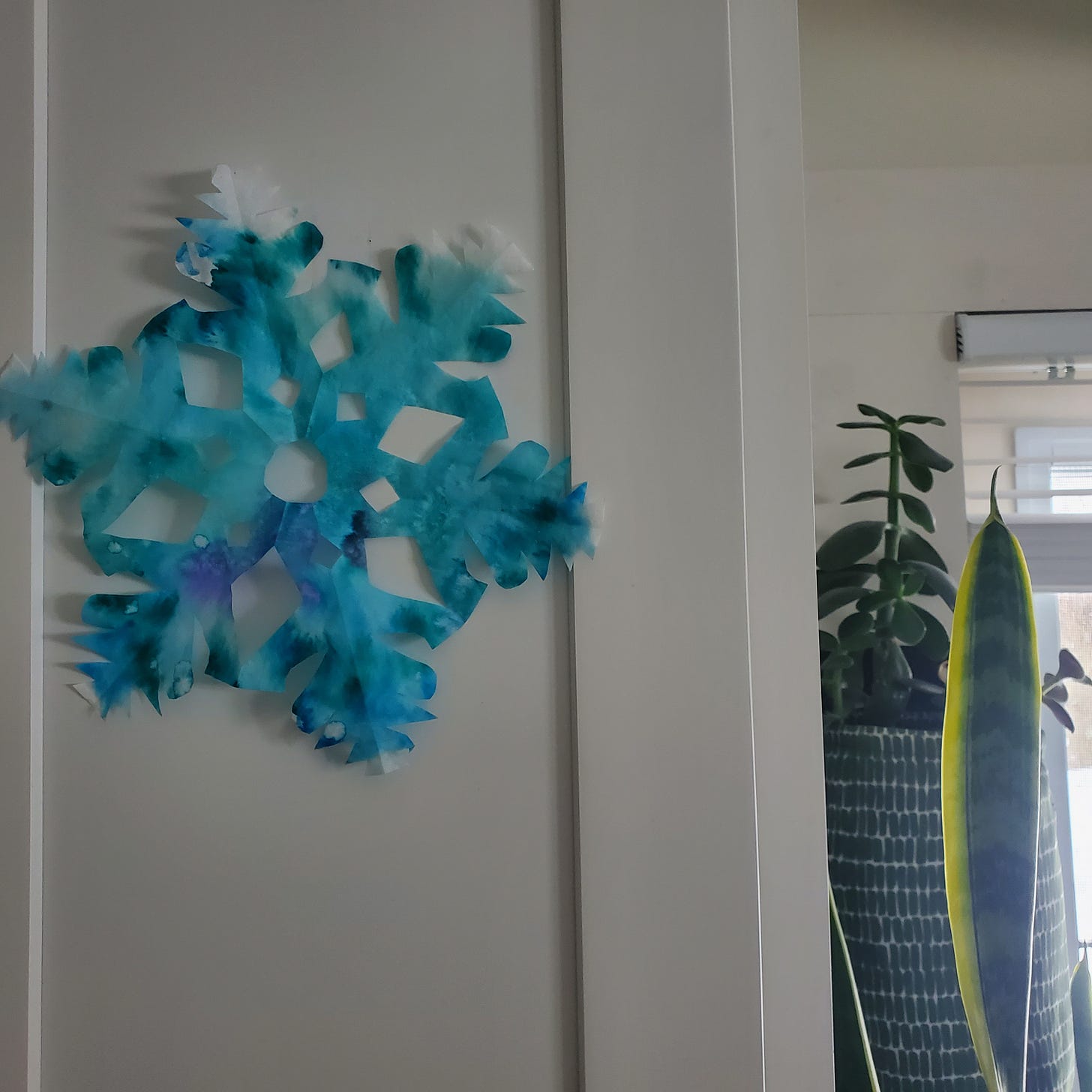
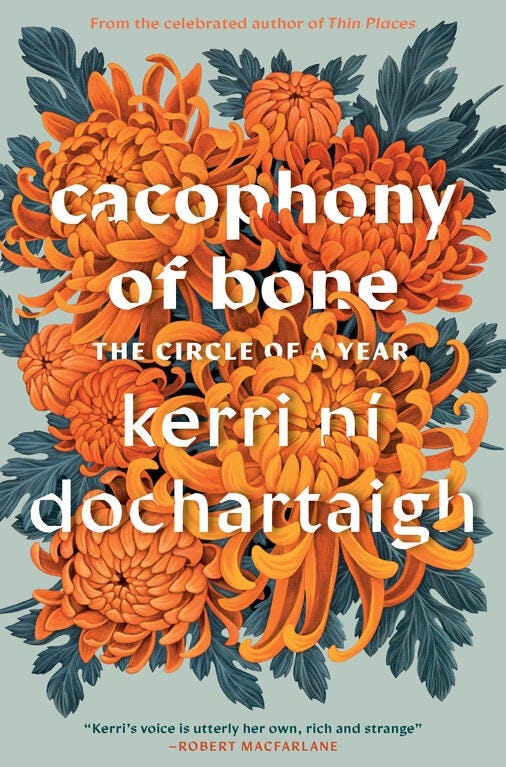
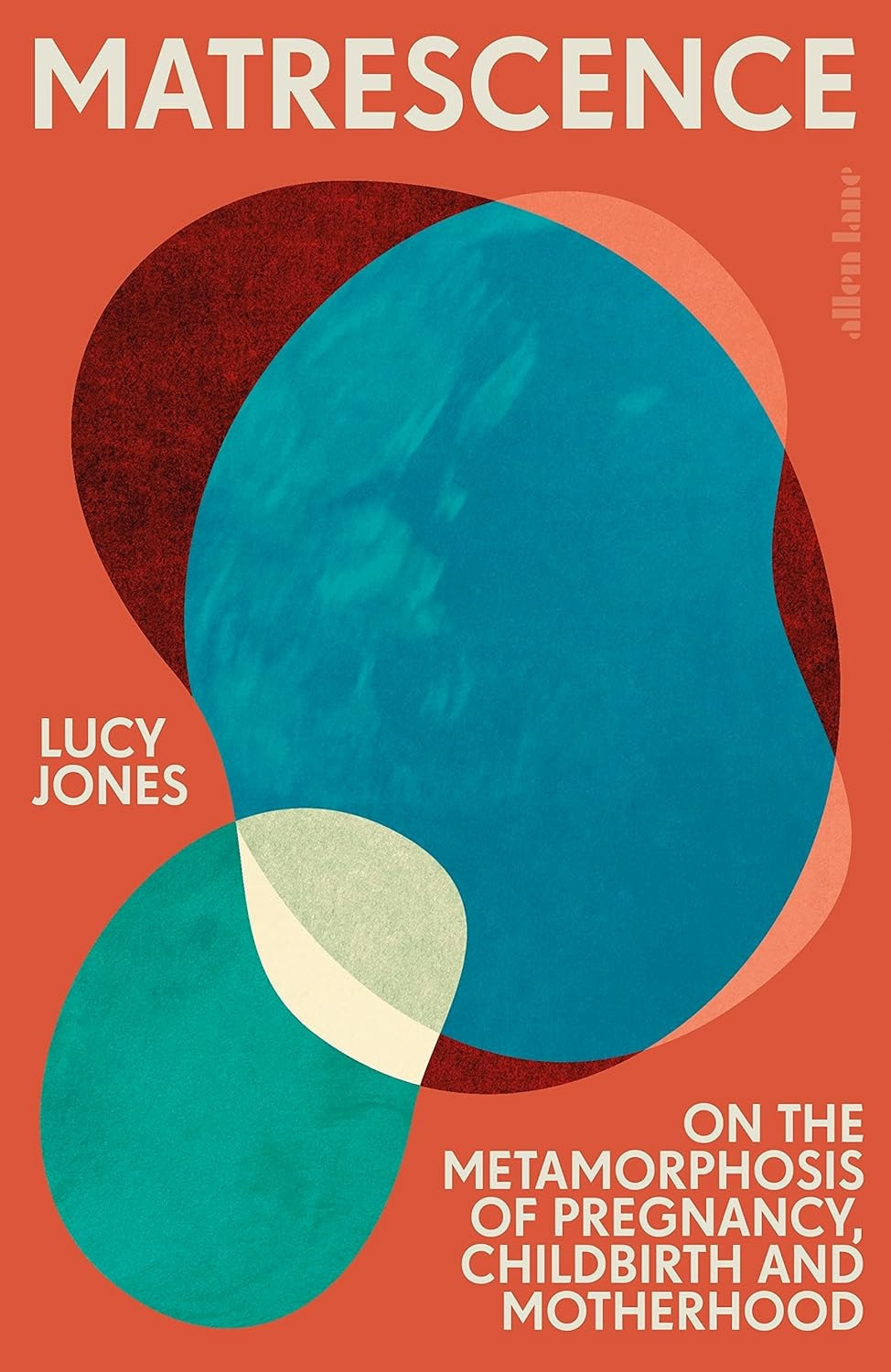
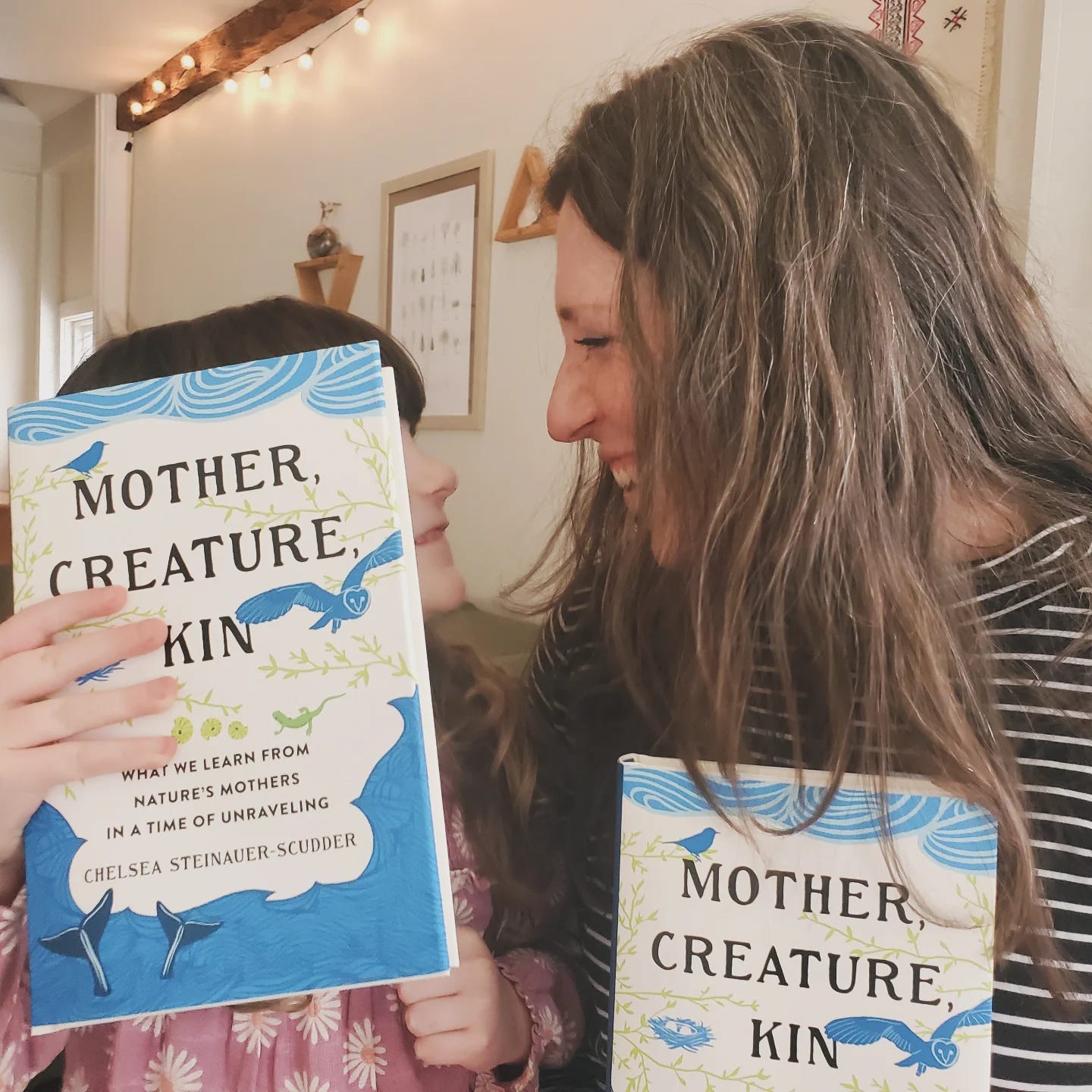
this is so beautiful, Chelsea, such a good way of explaining how to self-love, not an easy thing to do but I love your vision, your explanation, your deep search for the right answer for your daughter.
beautiful. "there is a mountain in us, do you see? there are clouds in us, do you see?"
such a beautiful framing.
and i will need to dwell on why it's so much easier (often) to love those elements in us than it is to love the us in us.